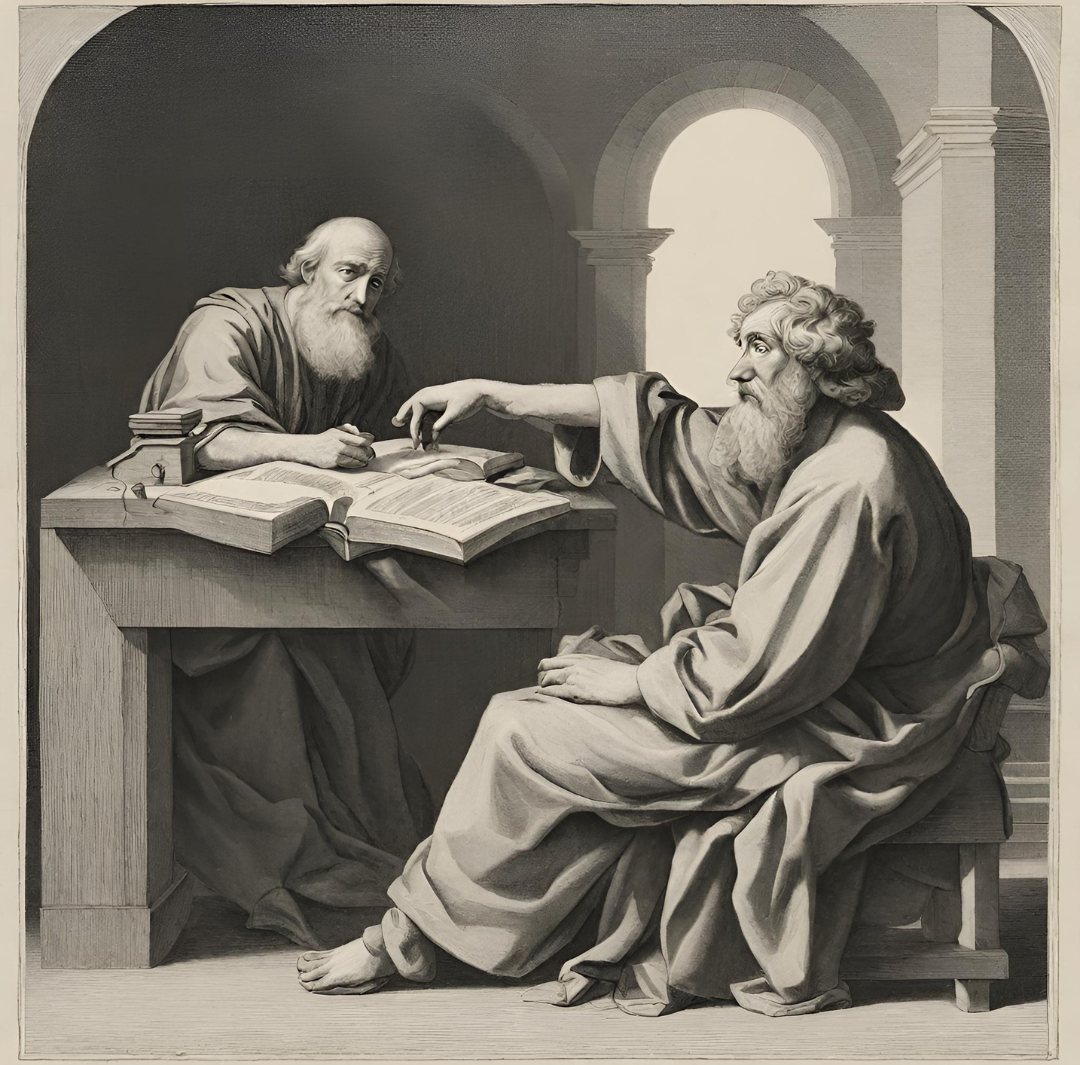A Beginner's Guide to Philosophy

Philosophy, the love of wisdom, can be a daunting subject to dive into. With its vast history and profound questions, knowing where to begin can be overwhelming. However, I think this makes it all the more exciting. Here's a curated guide to gently immerse you into some of the ideas of philosophy, offering a starting point for some of its foundational ideas – there's a lot of them.
1. Metaphysics: What is the nature of reality?
Starting Point: Plato's "The Republic," specifically the Allegory of the Cave. This work introduces you to ideas about reality, appearance, and the world of forms. Luckily, this work is well read and thought about and if you are more of a visual or auditory learner, a quick YouTube search will show numerous amounts of video essays and animations discussing this work.
Dive Deeper: Immanuel Kant’s "Critique of Pure Reason" provides a comprehensive exploration of the nature of reality and our perception of it.
2. Epistemology: How do we know what we know?
Starting Point: Descartes' "Meditations on First Philosophy." Begin with his famous assertion, "I think, therefore I am," and delve into the nature of knowledge, doubt, and belief.
Dive Deeper: David Hume’s "An Enquiry Concerning Human Understanding" challenges the foundations of knowledge and empirical reasoning.
3. Ethics: What is right and wrong?
Starting Point: Aristotle's "Nicomachean Ethics," where he introduces the concept of virtue and the 'Golden Mean' as paths to the good life.
Dive Deeper: Immanuel Kant's "Grounding for the Metaphysics of Morals" presents the idea of duty and moral laws as inherent to rational beings.
4. Political Philosophy: What’s the ideal state?
Starting Point: Thomas Hobbes' "Leviathan" offers insights into the social contract and the necessity of a powerful sovereign.
Dive Deeper: John Locke's "Two Treatises of Government" presents counter-arguments advocating for individual rights and limited governance.
5. Existentialism: What is the meaning of life?
Starting Point: Søren Kierkegaard’s "Either/Or." Often considered the father of existentialism, Kierkegaard presents a work that grapples with individual choice, faith, and the aesthetic and ethical dimensions of human existence – and he has a really fun name.
Dive Deeper: Jean-Paul Sartre’s "Being and Nothingness" delves into the nature of existence, freedom, and human agency, encapsulating the core tenets of existential thought. This is quite a heavy read, so have your previously discussed annotation tools handy!
Tips for Beginning Philosophers:
Stay Curious: Philosophy is all about asking questions. Don't shy away from the big or the small. But remember, not all questions have an answer.
Discuss with Others: Engage in conversations. Philosophy becomes clearer (and more fun) when shared and debated. See if there's a local book club or meetup group in your area dedicated to sharing ideas and discussing these works – if you can't find one locally, there is definitely one online.
Keep a Philosophy Journal: Jot down your thoughts, questions, and reflections. Witness your growth as a thinker over time. And don't be afraid to share with others who are interested – discussing or explaining what you thought and why can reveal new truths.
The Resources are Numerous: From YouTube to podcasts, from blogs to online guides, the realm of philosophy brims with insightful thinkers and adept explainers eager to elucidate ideas and relate them to the world. Embrace the wealth of resources at your fingertips, but always remain curious. As you delve in, challenge conventions and strive for unique interpretations or perspectives on age-old concepts.
In the vast ocean of philosophy, it's easy to feel lost, but remember: every philosopher, from Plato to Nietzsche, started with a single idea, a single question. Your journey into philosophical thinking is your own, and every thought, doubt, and insight are a step forward. Dive in, challenge your beliefs, and remember to have fun along the way.